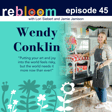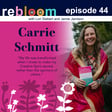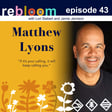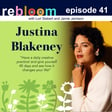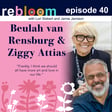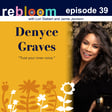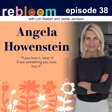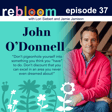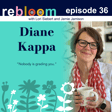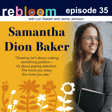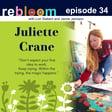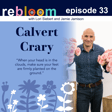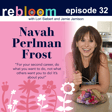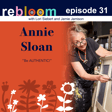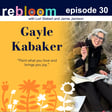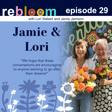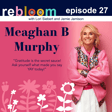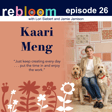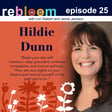
Little Tokens, Big Ripples: The Art of Gentle Change with Mansi
From the fast pace of Silicon Valley to the gentle rhythm of creative living, Mansi's journey is one of choosing presence over productivity. She calls herself The Ripple Maker—and for good reason.
A writer, artist, and teacher, Mansi spent two decades in journalism, nonprofits, and education before finding her way to a slower, more intentional life. What began as a creative outlet during the isolating days of motherhood—when she was caring for a child with life-threatening allergies—slowly grew into The RIPPLE Practice™, a six-step approach to creating authentic connection through small, imperfect acts of generosity.
Her upcoming book, Little Tokens, Big Ripples (Schiffer Craft, Fall 2026), is a reminder that creativity isn’t about talent—it’s about listening to the quiet whispers of the heart and having the courage to follow them.
Mansi now lives in California with her family, practicing what she teaches: presence first, everything else second. She’s building a global community around the simple but powerful idea that small acts of kindness can create ripples far beyond what we can see.
Learn more or connect with Mansi:
Website: http://littletokensbigripples.com/
Gatherings: littletokensbigripples.com/rsvp
Community: circle.littletokensbigripples.com
Download the Free Ripple Practice™ Workbook: https://littletokensbigripples.com/the-ripple-practice
Big thank you to our sponsor: Jet Creative: A women-owned marketing firm committed to community and empowerment. Whether you’re launching a podcast or building a website, Jet Creative can help you get started. Visit JetCreative.com/Podcast to kickstart your journey!
